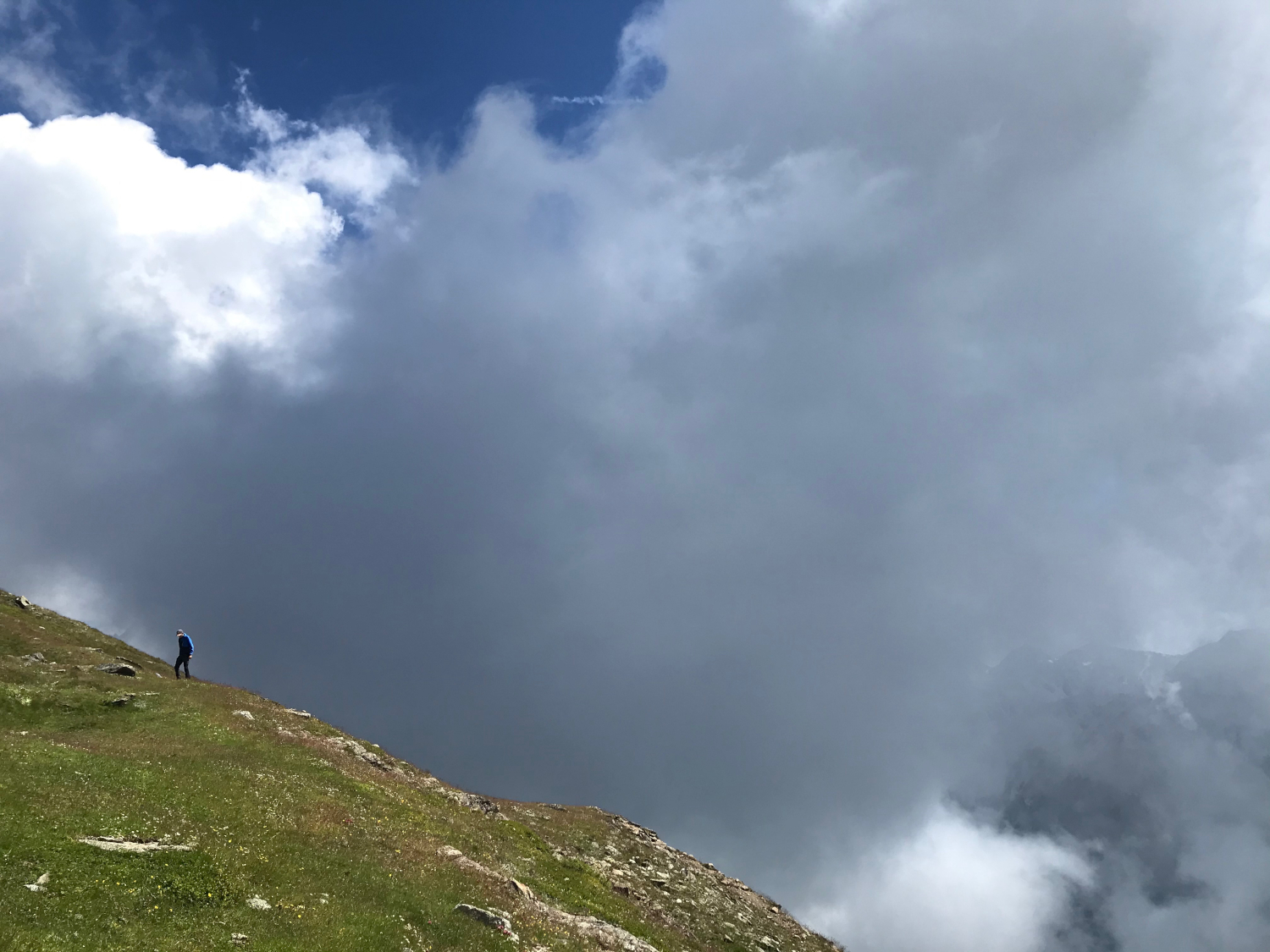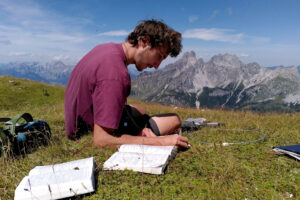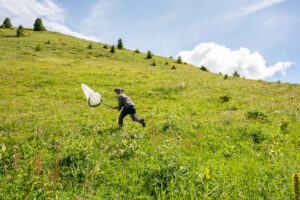Human survival depends on healthy ecosystems, wild areas with many interacting species. Conservation of this ‘biodiversity’ often aims at preserving particular species of plant or animal, while the microorganisms that live in and around them are ignored. I will explain why this microbiota is important, with examples from Val Venosta to the mountains of Africa.
With a doctorate in zoology from the University of Oxford, Heidi C. Hauffe moved to Italy in 1993. Since then, she and her team of the Conservation Genomics Research Unit (Research and Innovation Centre) at the Fondazione Edmund Mach have used genetics to improve the conservation of wildlife, from frogs to polar bears, with colleagues worldwide.
The colloquium will be held at 6 p.m. Wednesday, December 14th, at the Museum of Nature South Tyrol in English language. Admission is free. Online registration is required:
The event can also be followed online on the Museum’s YouTube channel:



